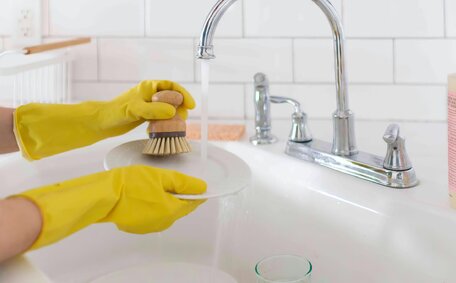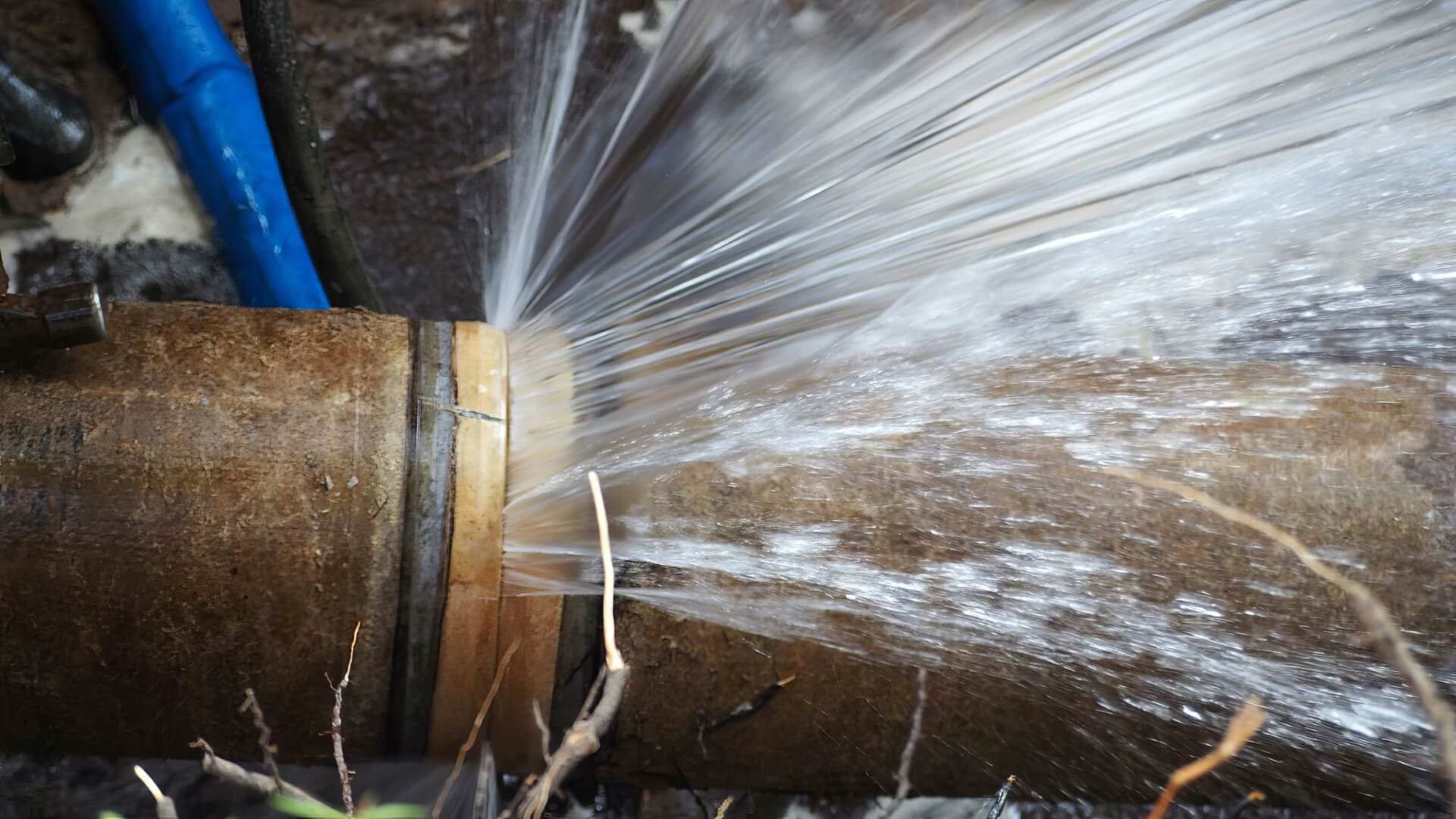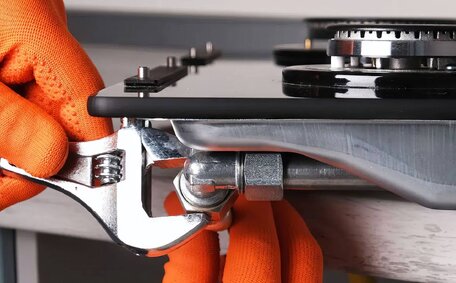Introduction to Gas Fitting Regulations in Australia
Consumers must be aware that Australian gas installations are tightly regulated to uphold quality and safety. The key legislation governing gas fitting work nationally is the Australian Gas Safety Act and Regulations, which requires all gasfitting work to be carried out by qualified and licenced professionals.
Individuals performing gas-related installations must hold a valid gas work licence from the relevant state authority. Gas work encompasses a range of duties including installing, repairing, modifying, or maintaining gas systems and appliances. Licences are issued based on qualifications, experience and competency assessments, including the ability to work on gas pipe and gas meter installations.
While state and territory regulations vary, all gas installations are required to comply with the key standard, AS/NZS 5601.1:2022 for gas installations. This covers materials, design, construction, testing and commissioning of natural gas systems and appliances.
At Chatswood Plumbing, our certified professionals expertly manage residential and commercial gas fitting services, consistent with our licencing. Adhering to the strictest safety requirements is paramount, ensuring your confidence in our craftsmanship for any gas system installation or maintenance.
Licensing and Certification Requirements for Gas Fitters
Australian tradespeople must have a state or territory-issued gas work licence to legally conduct gasfitting.
There are 5 classes of gas work licences, with different requirements for skills, experience and qualifications:
- Gasfitter Grade 1 - qualified to disconnect and reconnect Type A and Type B gas appliances
- Gasfitter Grade 2 - qualified for all domestic and commercial gasfitting tasks
- Restricted Gasfitter - certain limitations depending on the specific licence
- Trainee Gasfitter - works under supervision of a licenced Gasfitter Grade 1 or 2
- Disconnect/Reconnect Gasfitter - limited to just isolating and reconnecting appliances
In New South Wales, the Gas and Electricity (Consumer Safety) Act 2017 also governs the legal obligations of gas fitters. Key requirements under this law include:
- All residential and commercial gasfitting work must be performed by a licensed gas fitter
- Gas fitters must follow all safety regulation guidelines and industry standards
- Consumers are entitled to a gas compliance certificate after work to supply gas has been satisfactorily completed
Proper licensing and accreditation ensure that qualified gas fitters possess necessary competencies in gas safety and technical expertise. This gives consumers assurance of legal gas installations meeting the highest safety and reliability standards.
Key National Standards for Gas Appliances and Installations
The key national standard governing gas appliances and installations in Australia is AS/NZS 5601.1:2022 - Gas installations. The AS/NZS 5601.1 standard sets stringent safety and performance criteria for the materials, design, construction, and testing of gas installations.
The 2022 update of AS/NZS 5601.1 introduced a new standard with revised requirements, which include:
- Updated guidance on gas detectors and carbon monoxide alarms
- New requirements for gas installations caravans and recreational vehicles must be meticulously observed
- Revised provisions for liquefied petroleum gas systems
- Stricter allowable pressure limits for LP appliances
Key areas covered by AS/NZS 5601.1 include:
- Sizing of gas pipes based on connection point requirements and the overall gas load
- Ventilation needs for safe operation of appliances
- Flue terminal materials, design and installation
- Pressure testing procedures to check whether there are any leaks
- Commissioning checks before appliances can be used
By law, all gasfitting professionals must adhere to AS/NZS 5601.1 as well as additional state/territory regulations. Compliance ensures gas appliances and systems are safe, efficient and built to operate reliably over their lifespan.
State-Specific Rules and Legislation for Gas Fitting
In addition to federal safety regulations, each Australian state and territory has bespoke gas fitting rules and requirements:
New South Wales
The Gas Supply Act 1996 and Gas Supply (Safety and Network Management) Regulation 2018 govern gas fitting work in NSW. Key aspects regulated under this legislation include:
- Mandatory licencing and certification of gas professionals
- Compliance with AS/NZS 5601.1 and other safety standards
- Notifications, compliance declarations and certificates required for gas work
Victoria
In Victoria, under Energy Safe Victoria, the Gas Safety Act 1997 and supporting regulations mandate:
- Compulsory registration and training for all gas fitters
- Licenced professionals must carry an ID card onsite during gas jobs
- Consumers receive a Certificate of Compliance when work is finished
There is a rigorous accountability chain to ensure responsibility throughout the supply chain.
Western Australia
Under mutual recognition principles, gas fitters with an interstate licence can operate in WA by registering with Energy Safe WA. Unique rules in WA include:
- Additional requirements around notification and certification of work
- Regulation of autogas system installers and LPG tank requirements
Recent Changes and Updates to Gas Fitting Regulations
Gas fitting regulations and standards are continually updated to align with the latest industry advancements and safety research. One key change is Victoria’s recent adoption of the 2022 version of the AS/NZS 5601.1 gas installation standard, which includes revised pressure limits for LP gas appliances and additional guidance around carbon monoxide alarms.
Starting 1 January 2023, all new Victorian gas installations must comply with AS/NZS 5601.1:2022. Alterations to existing gas installations are acceptable if they meet the standards in place at the time of installation. A 5-year transition period is available for consumers to update non-compliant gas systems if significant alterations or extensions are carried out.
Gas fitting professionals must remain updated on the latest regulatory changes at both national and regional levels. Being across new rules or standards changes ensures gas professionals continue working legally and safely at all times when servicing gas systems.
Consequences of Non-Compliance
Compliance with Australia’s gas fitting regulations is crucial to avoid legal issues and ensure safety. Unlicensed gas fitters performing illegal gas work can incur substantial fines, reaching up to $22,000 in NSW.
Critically, unsafe gas installations can pose significant risks such as leaks, explosions, and carbon monoxide poisoning. Faulty appliances, incorrectly sized gas pipes, or a compromised cylinder can lead to catastrophic system failures.
Beyond penalties, unlicensed gas fitters have no compulsory insurance or consumer protections in place. Homeowners could be liable for damages and left to foot the repair bill for substandard work.
Bypassing licensed professionals compromises the regulatory framework upholding safety, quality, and reliability standards. All gasfitting jobs, no matter how small, should only ever be handled by qualified and accredited tradespeople.
Ensuring Safety in Gas Fitting
As licenced gas fitters, determining which gas safety measures to prioritise is critical in every installation and repair job. We strictly comply with all regulations and industry best practices for the prevention, detection, and response to gas leaks or issues.
Our adherence to key safety measures includes:
- Conducting thorough leak checks after any gas work using advanced detection equipment
- Installing and maintaining compliant gas detectors and carbon monoxide alarms
- Performing regular servicing, maintenance, and replacing gas system components to sustain system integrity
- Using gas fittings and materials approved for safety excellence
- Providing homeowner education on gas safety essentials and emergency procedures
This guarantees a secure environment in your home and business when operating gas appliances.
Using Licensed Professionals for Gas Work
Hiring fully licensed and accredited professionals is crucial for gas installation, maintenance, or repair, including hot water systems. Attempting dangerous gas jobs without proper qualifications puts homeowners at serious risk of leaks, explosions, carbon monoxide poisoning and substantial fines.
Chatswood Plumbing, with licenced and seasoned gas fitting experts, recommends only engaging qualified professionals for gas-related requirements. Learn how our certified gas fitters adhere to the current regulations, where to find updated industry standards, and best safety practices for all projects.
Contact Chatswood Plumbing at 1300 349 338 for professional, safe, and compliant gas fitting services in the Chatswood area. Our team of experts is equipped to help with installations, leak detection, repairs, servicing, and more regarding gas appliances. We also provide emergency response for dangerous gas leaks in your new home.
Bypass the risks associated with unlicensed operators - entrust your gas fitting requirements to the experts at Chatswood Plumbing. We guarantee superior safety, craftsmanship, and compliance.






